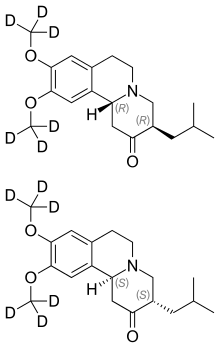Teva’s Austedo flunks in late-stage paediatric Tourette study
Teva has announced that Austedo (deutetrabenazine) failed to meet its primary endpoints of reduction in motor and phonic tics in moderate-to-severe paediatric Tourette syndrome.
The company revealed that compared to placebo, the drug didn’t achieve significant reduction in motor and phonic tics as assessed by the Total Tic Score of the Yale Global Tic Severity Scale (YGTSS-TTS).

The Phase II/III ARTISTS 1 and Phase III ARTISTS 2 results are being hailed as “disappointing”, with Dr. Hafrun Fridriksdottir, executive vice president, Global R&D saying “especially as there is such an unmet need for this community of pediatric patients.”
He continued to say, “As we assess a path forward, Teva is especially grateful to the investigators, patients and families who contributed to these studies for such an important patient population.”
The treatment has already been approved by the US Food and Drug Administration (FDA) for the treatment of chorea associated with Huntington’s disease in April 2017, and for tardive dyskinesia in adults in August 2017. However, it is not yet approved anywhere in moderate-to-severe paediatric Tourette syndrome.
Symptoms of Tourette Syndrome typically occur first in early childhood, with peak severity around the age of 10 years. Most individuals with Tourette Syndrome experience improvement of symptoms in late adolescence and into adulthood.
21st February 2020
http://www.pharmatimes.com/



